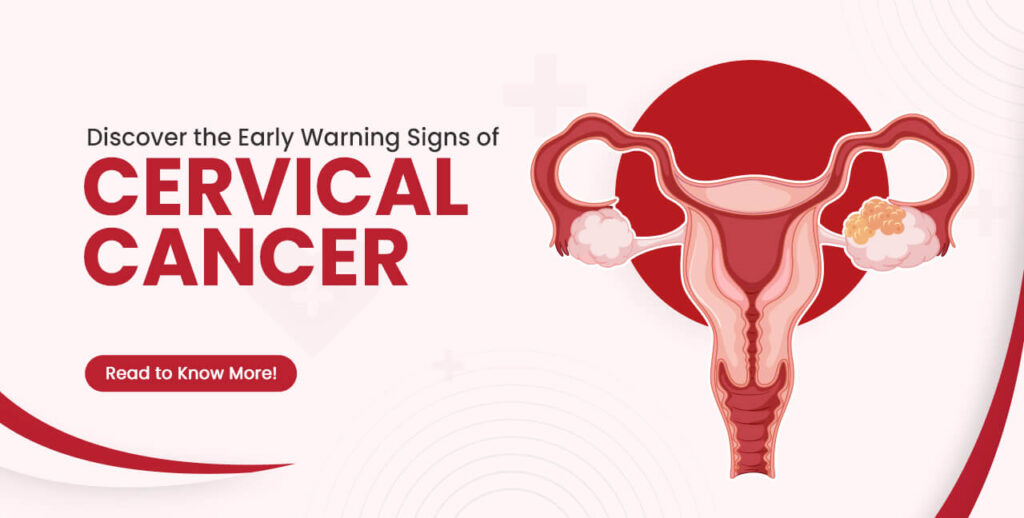Did you know that cervical cancer was the third-killing cancer disease in Ghana in 2022?
According to Global Cancer Observatory (GLOBACAN) 2022 report, Ghana recorded 3072 cases of cervical cancer and 1815 deaths.
Cervical cancer is the fourth most common cancer in women globally, with about 660,000 new cases and around 350,000 deaths in 2022, the World Health Organisation (WHO) has stated.
The World Health Organisation estimates that 74 million new cases of cervical cancer can be averted, and 62 million deaths can be avoided by 2120. Some of the targets to be achieved if cervical cancer is to be eliminated include getting 90% of girls vaccinated with the HPV vaccine by age 15, 70% of women should be screened with a high-quality test by ages 35 and 45 and 90% of women with cervical disease should receive treatment.
What is Cervical Cancer?
Cervical cancer is caused by persistent infection of the Human papillomavirus (HPV), a small, non-enveloped deoxyribonucleic acid (DNA) virus that infects skin or mucosal cells.
HPV is transmitted by skin-to-skin contact, usually through sexual intercourse. It occurs when cells in the cervix, the lower part of the uterus that connects to the vagina, multiply uncontrollably, thus leading to the formation of tumours.
More than 90% of the women infected are from low and middle-income countries. Data from the World Cancer Research Fund International indicates that the top 10 countries with the highest rates of cervical cancer in 2020 are African countries, including Eswatini, Malawi, and Zambia on top of the list.
Here are some risk factors you should take note of
Besides persistent infections by Human papillomavirus, other risk factors include
- Smoking
- Multiple sexual partners
- Early exposure to sex
- HIV infection
- Weakened immune system
What are the Symptoms of Cervical Cancer?
While cervical cancer may not present symptoms at the initial stages of infection, its symptoms include:
- Pains in the pelvic region
- Vaginal bleeding
- Unusual vaginal discharge (it could have odours or otherwise)
- Painful sexual intercourse
- Post intercourse bleeding
Steps to Treating Cervical Cancer
After a cervical cancer diagnosis, treatment can include surgery, chemotherapy, radiation therapy, and immune therapy.
- It is recommended for sexually active females to get HPV vaccination and to perform regular tests every year to increase the chances of identifying the disease early
By: Sedem Kwasigah



